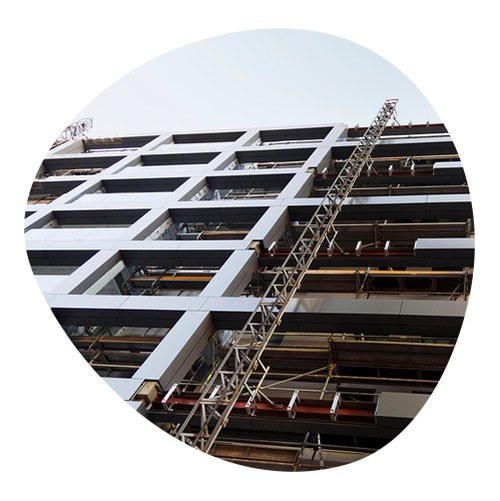
Advanced engineering and management skills for the recovery and redevelopment of historic building heritage.
News, events, and notices for your studies
On 10 March, meet companies and test your approach to the job market. Sign up now!
Career guidance service for international students and graduates.
One afternoon, from 3 to 6 p.m., immersed in the places where you'll meet people who may share your journey, and discover more about the disciplines that will shape your academic path.
An online event for those who have completed, or are about to complete, their degree and want to understand whether a PhD is the right next step for their future.
¿Eres un estudiante latino-americano y te interesa estudiar en Italia? El 21 de abril, descubre lo que significa estudiar y vivir en Unibo. Inscríbete y participa
Who it's for: Studio al primo anno, Studio dal secondo anno in poi, Ho una laurea
Deadline: 15 mag 2026, 13:00
Who it's for: Ho una laurea
Deadline: 12 mar 2026, 12:00
Who it's for: Ho una laurea
Deadline: 06 mar 2026

To enter the world of work, the knowledge you gain during your studies is not enough on its own. You also need the right tools and strategies to turn what you know into effective applications, strong interviews and concrete opportunities.